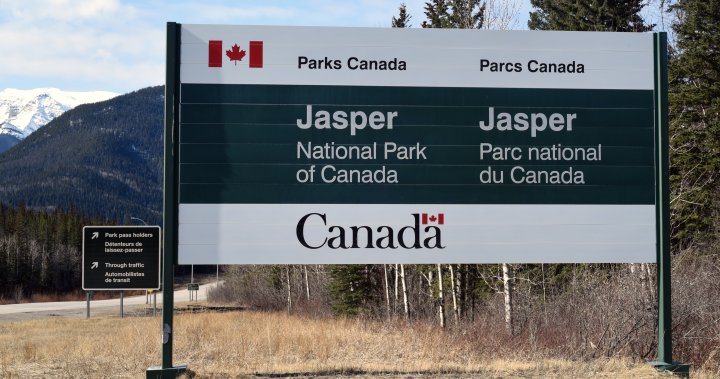The town of Jasper in Alberta is hopeful that the wildfires in the area can be brought under control soon, allowing for the recovery of the iconic tourist hub to begin. However, as Canada faces another year of above-normal wildfire activity, many in the tourism industry are questioning if it is worth it. The wildfire season of 2023 was record-breaking, with roughly 18.5 million hectares of Canadian land burned, surpassing the previous record set in 1989. The effects of the fires were felt in major tourist destinations such as Tofino, British Columbia, where bookings were cancelled due to the devastation in Jasper spooking potential visitors. The damage in Jasper is estimated to have affected between 30 and 50 percent of all structures in the townsite, including hotels, lodges, inns, restaurants, and cafes.
Beth Potter, CEO of the Tourism Industry Association of Canada, acknowledges that climate change and the increase in extreme weather events are now being factored into business plans. The tourism industry is now focusing on emergency preparedness plans to ensure the safety and security of visitors, making it a standard part of business operations. The tourism industry generated $113 billion in revenue in 2023 and supported one in ten jobs in Canada. Wildfires have already cost Canadians hundreds of millions of dollars each year, with some of the costliest weather events in Canada’s history being wildfires. In addition to the financial impact, the industry also suffers from negative headlines about extreme weather events, which can deter international tourists from visiting Canada.
Climate change is also affecting Canada’s winter sports industry, with ski resorts expected to rely more on machine-made snow in the future due to warming temperatures. The industry is being forced to diversify its offerings and experiences, looking at different products and services to attract visitors throughout the year. This may involve taking advantage of Canada’s geographic diversity and promoting tourist hubs outside of vulnerable regions. It is important for tourist destinations to build resilience and adapt to changing weather patterns to ensure visitors can enjoy their vacations without worry. This conversation needs to be had at all levels of government, with both government intervention and industry adaptation being necessary to address the challenges posed by climate change.
As the tourism industry grapples with the impact of wildfires and climate change, there is a recognition that changes need to be made to ensure the industry’s sustainability in the future. Government support and industry adaptation are both crucial in addressing the challenges posed by extreme weather events and warming temperatures. By focusing on emergency preparedness, diversifying product offerings, and promoting resilience in tourist destinations, the industry can work towards a more sustainable future. It is essential for both government and industry stakeholders to collaborate and make necessary changes to address the impacts of climate change on the tourism sector in Canada.


